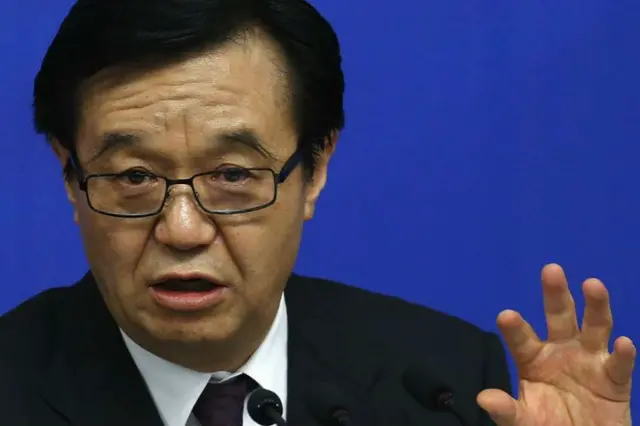On the eve of the most anticipated federal budget for many years, opposition here is coalescing around Australian Treasurer Joe Hockey's promise of deep and lasting cuts to a health system that experts say will hurt the most disadvantaged.
At the heart of national concerns for the future of Australia's universal Medicare are reports that Prime Minister Tony Abbott will introduce a controversial co-payment of six dollars for general practitioner(GP) visits.
The most visible spillover of anger at the coalition government 's axe-wielding fiscal health policies is the Sydney Save Medicare Campaign in Sydney's Martin Place, with all major Nurses and Midwives' Association (NSWNMA) and the Health Services Union (HSU), engaged in a somewhat theatrical protest to save Medicare and defend public services.
"Introducing a fee for GP visits would spell the end of Australia's universal health system. It punishes the sick and the poor, and will further burden an already stretched health system," said Erima Dall from the Sydney Save Medicare Campaign group.
"Hockey and Abbott talk about ending the 'age of entitlement' with this budgetbut we say that accessible healthcare is everyone's entitlement and everyone's right."
Professor Jeff Richardson from Monash University says the public fear that the rising share of GDP spent on health will harm the economy or the standard of livingreflected in a series of government reports, including the recent National Commission of Audit's"is probably a result of bad arithmetic."
"It's entirely possible for spending on health to rise more rapidly than GDP and for the amount of non-health GDP to continue to rise.
"The unsustainability of government health expenditure in Australia is a myth that has been carefully nurtured to justify policies to transfer costs from government to the public," Professor Richardson said.
Reports that the Medicare Locals system could be scrapped in Tuesday night's budget - in the face of the coalition's pre- election promise not to tighten health expenditure - has also given the Unions-backed Labor Opposition valuable ammunition, with Opposition Leader Bill Shorten railing against election deceit.
"Broken promises should not be rewarded," Shorten has repeated.
Brett Holmes, General Secretary of the NSW Nurses and Midwives' Association, has consequently pledged further action from his members.
"Our union will not stand by and let Medicare be reduced to a safety-net for the poor," Holmes said.
In its recent submission to the Senate Inquiry into Out-of- pocket Costs in Australian Healthcare, the Australian Diagnostic Imaging Association (ADIA) warned the budget will stop Australians from visiting the GP.
The ADIA says too many ill Australians are declining or delaying critical diagnostic imaging servicessuch as MRIs, ultrasounds and x-raysbecause patient costs are spiraling beyond their ability to pay.
Tony Shepard leading the government's Commission of Audit told a press conference last week that Australians are visiting the doctor 11 times a year.
However, with Medicare figures showing 128 million independent visits, OECD data confirms that Australians actually see their doctor some 6.2 times a year, far less than Shepard's claims.
ADIA President, Dr. Christian Wriedt, said out-of-pocket costs for patients have increased by 44 percent in six years.
"(This) is simply too much...The average gap paymentthe averagefor diagnostic imaging is now 88 AU dollars but for an MRI is 157 AU dollars!"
Wriedt said many people, such as the elderly, chronically ill, badly injured, will simply opt out of imaging, "because they just can't afford it."
"Fees for GPs," Erima Dall said, "for those on low incomes, these charges will bite, and may even kill."
"If this government attacks Medicare, we will not stop until the changes are halted."
However, Health Minister Peter Dutton said Labor started the program with little planning and forethought.
"This government is committed to reducing bureaucracy and red tape while delivering resources to frontline services," he said.
Professor Richardson says evidence contradicts claims that Australian health spending is out of control.
As a percentage of GDP, Australian health spending is at the base of the 33 countries in the OECD database and at the very bottom among wealthy developed countries.
The 8.3 percent of GDP spent by the United States, for example, is far higher than the 6.4 percent of GDP in Australia.
According to Richardson, "The unsustainability myth is created by focusing on percentages and not on the absolute level of resources available."
Truth or myth, the health of Australia's economy is at stake.
 简体中文
简体中文





